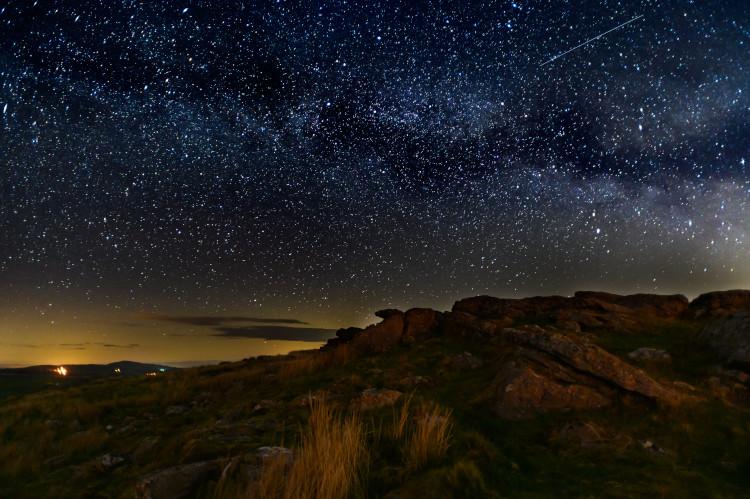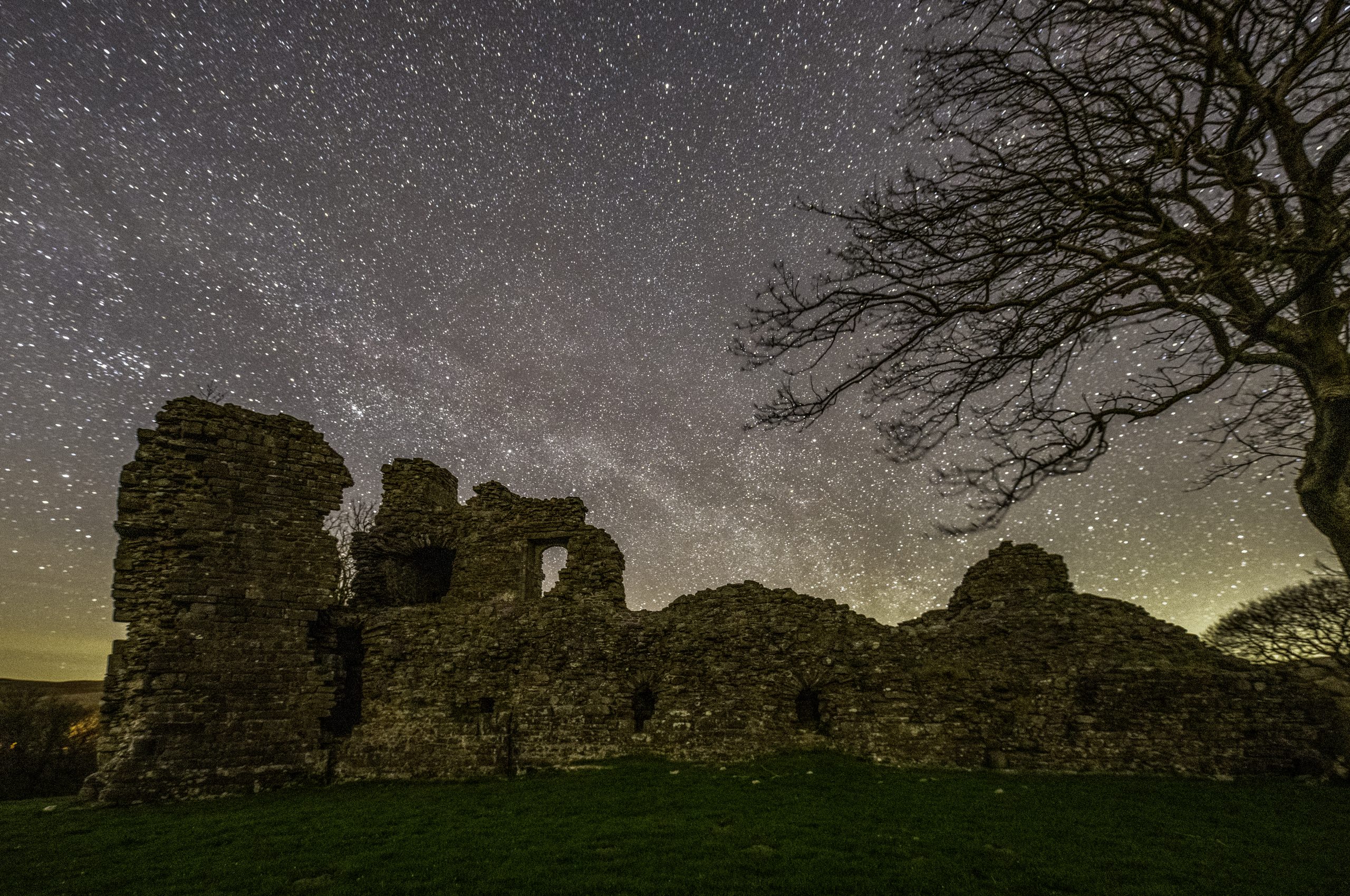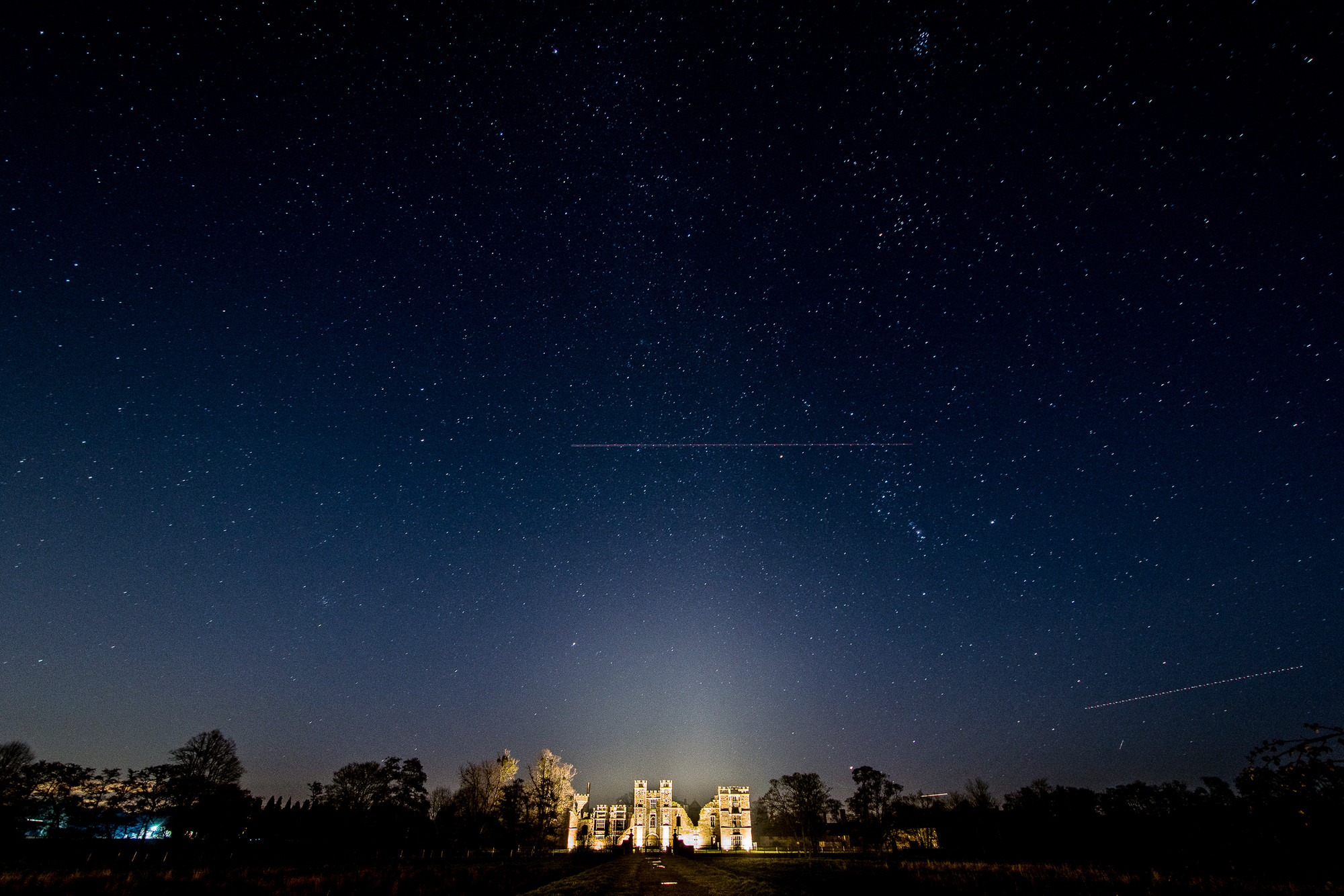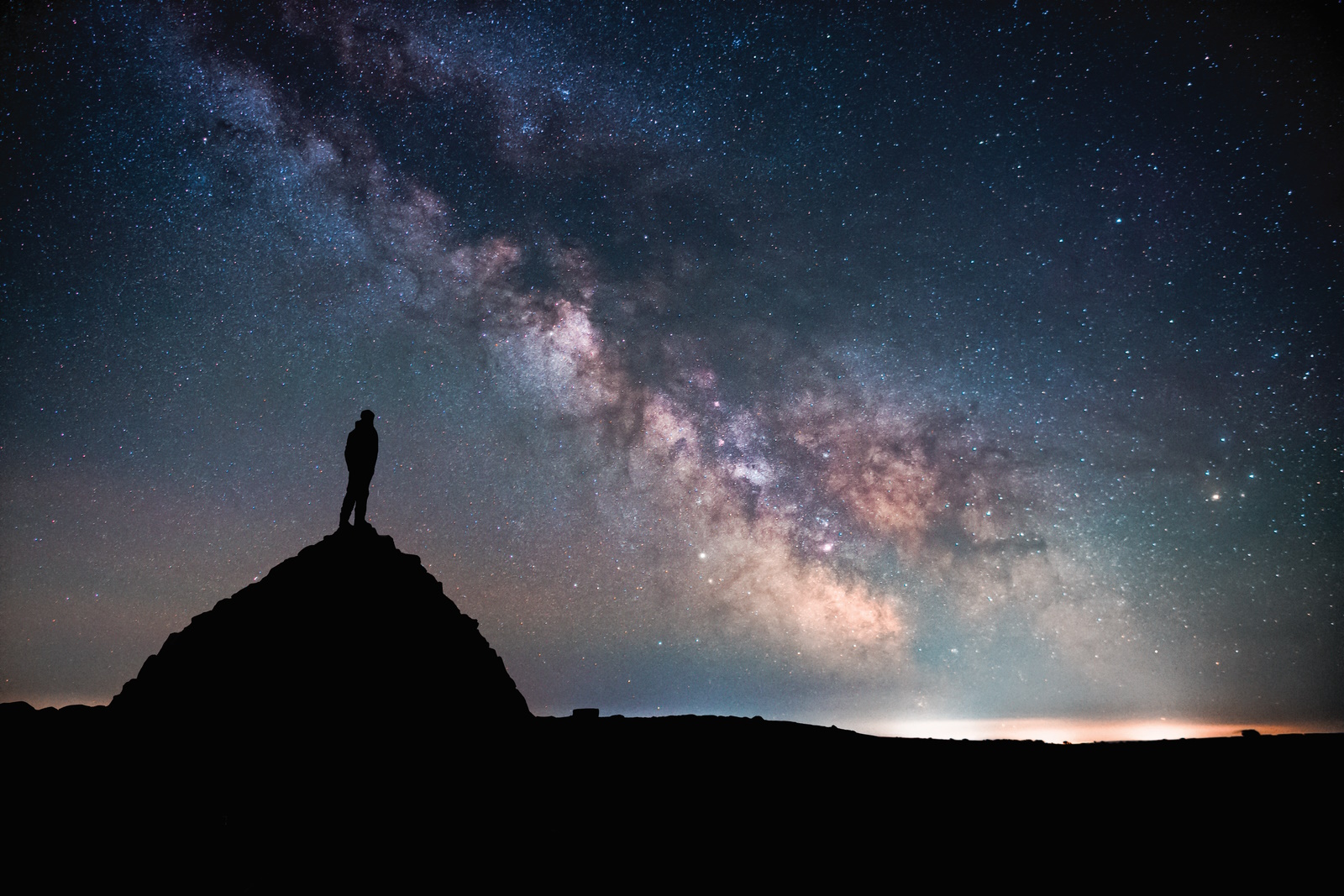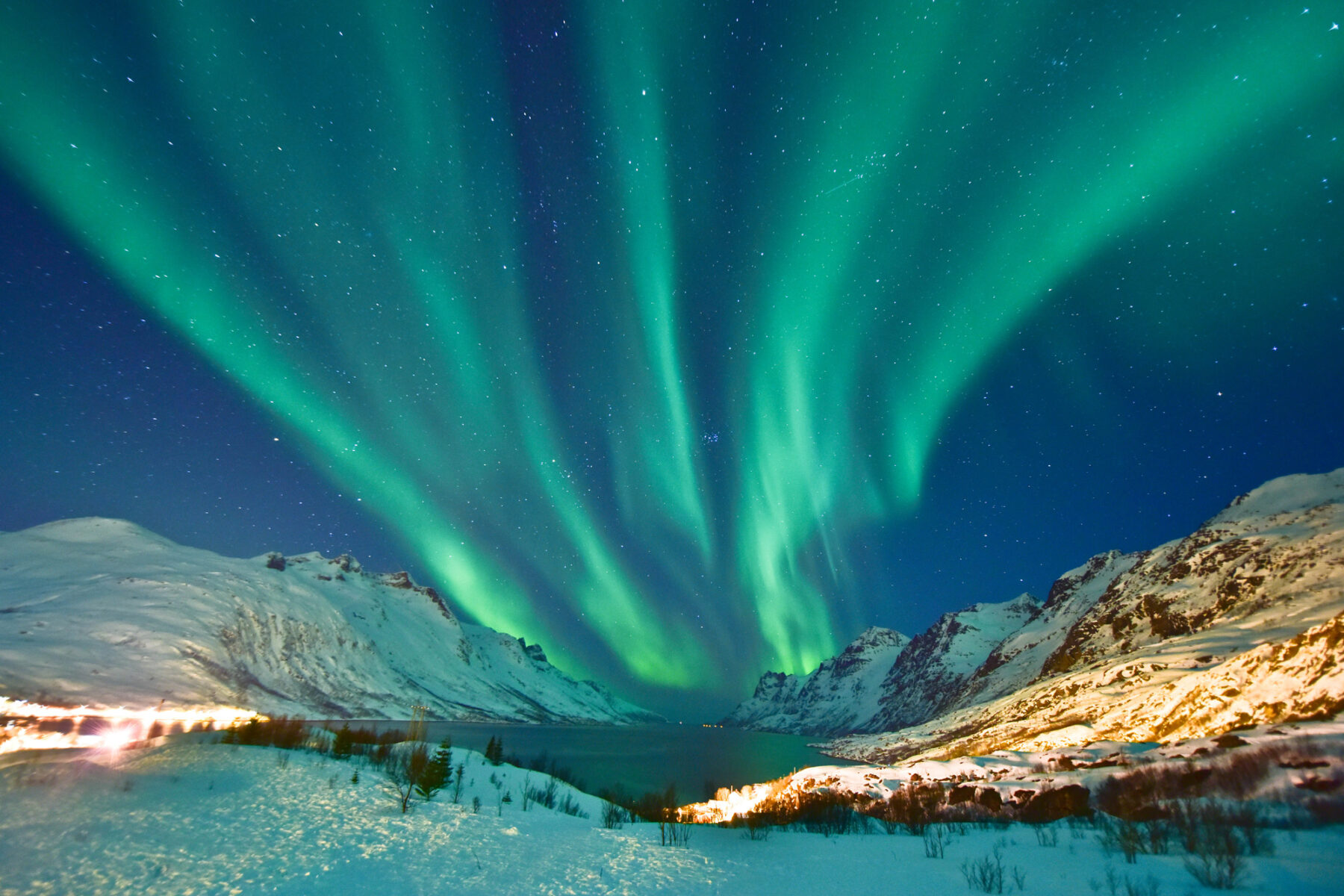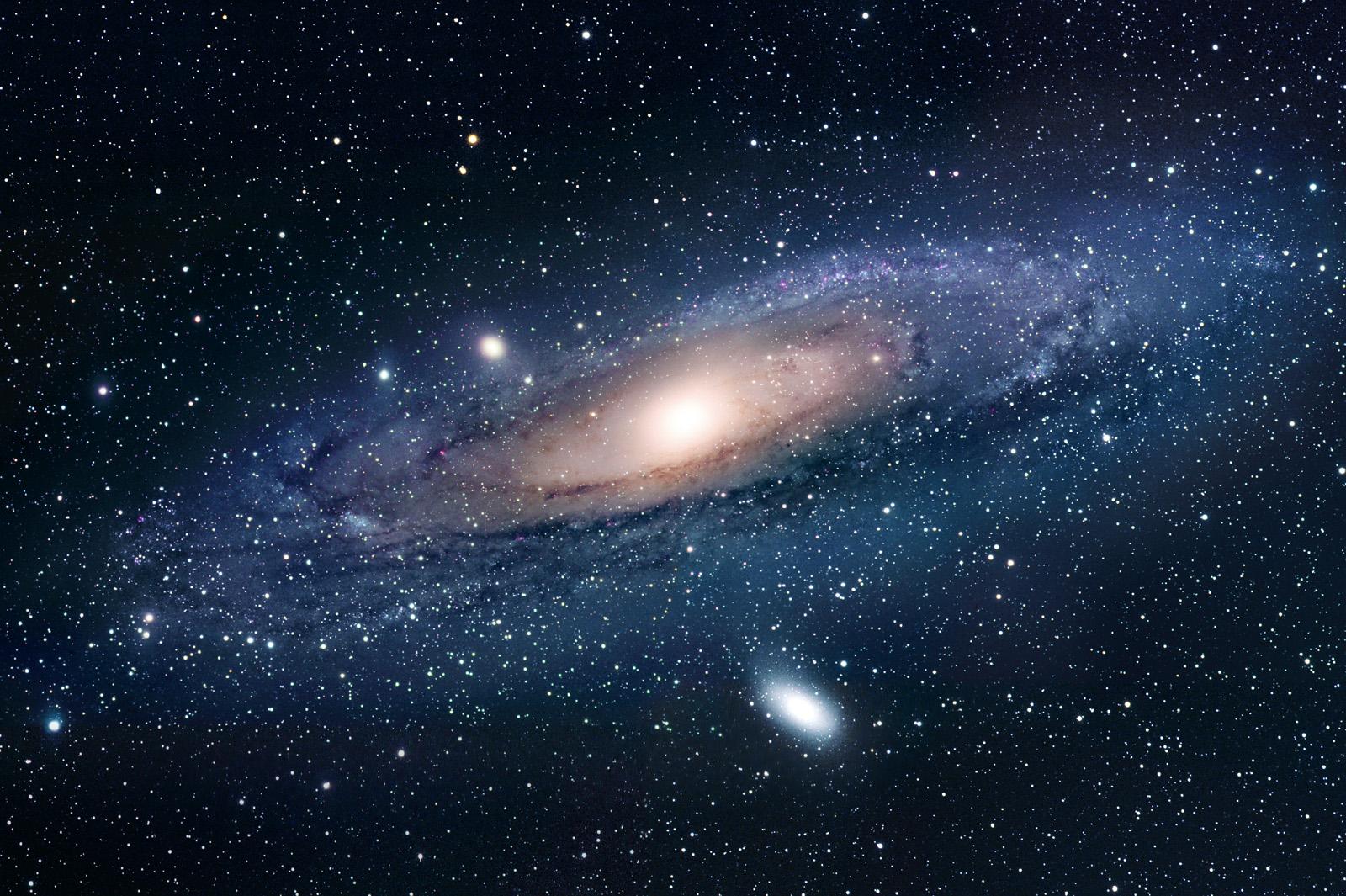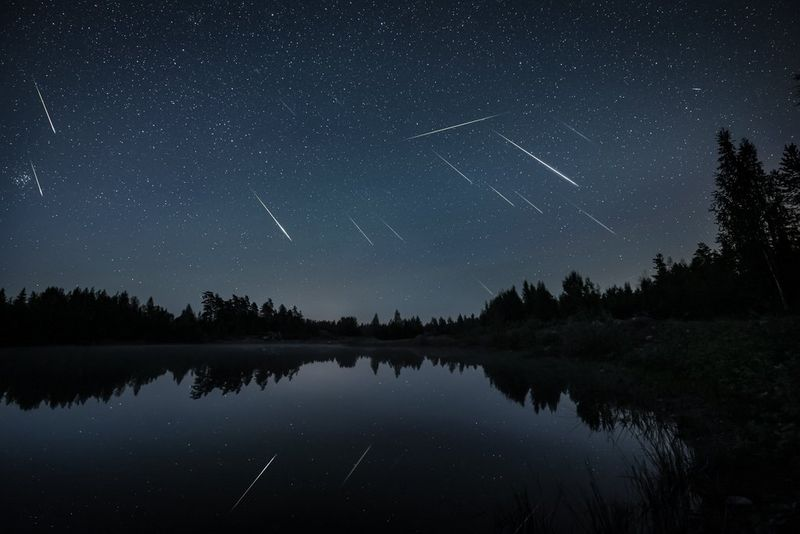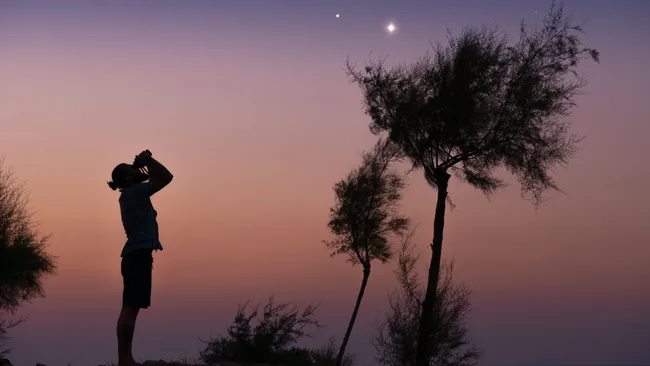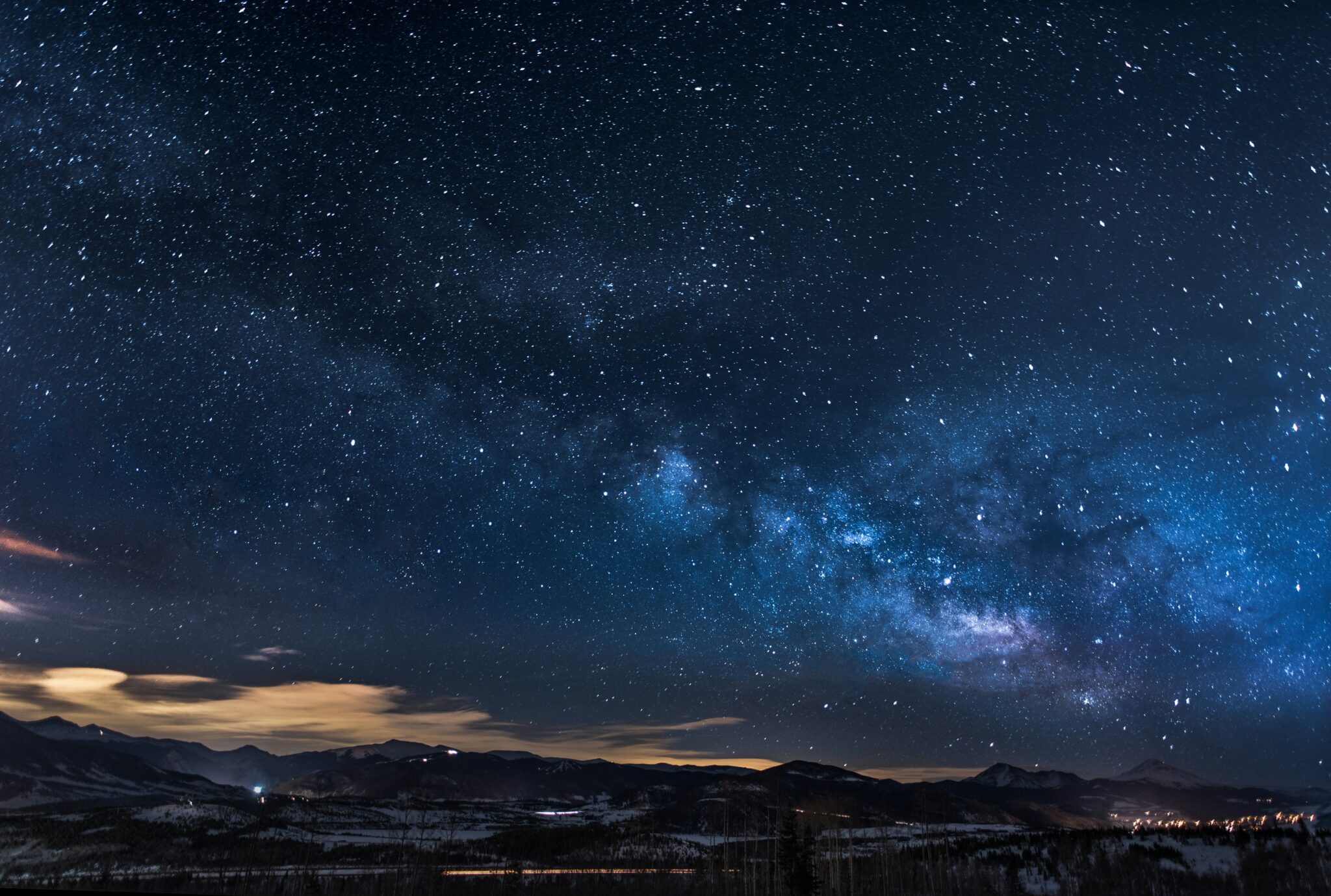Table of Contents
Stargazing in the UK offers a unique opportunity for astronomy enthusiasts and casual observers alike to explore the night sky. With vast expanses of relatively unspoiled territory, the UK boasts several locations ideal for stargazing, ranging from designated Dark Sky Parks to remote rural areas far from city lights. Whether you’re an experienced stargazer seeking to observe celestial events or someone looking for a tranquil evening activity, the UK has the perfect stargazing destination for you.
Understanding the concept of dark skies is essential for successful stargazing. The darker the sky, the better the visibility of astronomical objects. Urban areas suffer from light pollution which makes it difficult to observe the wonders of the night sky. This is why remote countryside locations and designated Dark Sky Parks are popular choices for stargazing activities. Equipped with this knowledge, you’re ready to embark on your stargazing journey in the UK.
Understanding Dark Skies

Importance of Dark Skies
Dark skies play a crucial role in the enjoyment of stargazing and observing celestial objects. With the increase of light pollution in urban areas, it’s becoming increasingly challenging to find suitable locations for stargazing. Dark sky sites are those places officially recognised as excellent locations for observing the wonders of the night sky. The majority of these sites are Dark Sky Discovery Sites, certified by the International Dark Sky Association (IDA). These sites ensure that you can enjoy a starry sky not hampered by artificial lighting.
Light Pollution and Its Effects
Light pollution has a significant impact on our ability to appreciate the natural beauty of the night sky. It occurs when artificial light scatters in the atmosphere, causing the sky to glow and reducing the contrast between celestial objects and the background sky. This can affect not only stargazing but also wildlife and human health.
Some negative effects of light pollution include:
- Diminishing star visibility: You may only be able to see a fraction of the stars that would otherwise be visible in a pristine, dark sky.
- Impacting ecosystems: Many animals, such as birds, nocturnal insects, and sea turtles, rely on natural darkness for navigation, reproduction, and survival. Artificial lighting can disrupt these behaviours.
- Human health concerns: Overexposure to artificial light at night may contribute to sleep disorders and related health issues.
- Wasted energy and resources: Unnecessary or poorly designed outdoor lighting contributes to energy waste and increased carbon emissions.
Fortunately, protected night sky areas designated by the IDA offer the opportunity to experience the beauty of dark skies, where light pollution management measures are in place. You can seek out Dark Sky Parks, Reserves and Sanctuaries in the UK for a stargazing experience that allows you to witness the marvels of the universe with minimal light pollution interference.
Top Stargazing Locations in the UK
Dark Sky Reserves and Parks
The UK is home to several International Dark Sky Reserves and Parks, where you can enjoy the darkest skies and the best stargazing experiences. Brecon Beacons National Park in Wales, also known as Bannau Brycheiniog, is a popular spot to witness the Milky Way. The park offers several accessible stargazing locations, such as the Llangorse Lakes.
Another excellent location is the Northumberland National Park, home to the award-winning Kielder Observatory. This Dark Sky Park offers stunning views of the night skies, and various stargazing events are often held here.
National Parks and Areas of Outstanding Natural Beauty
Many of the UK’s National Parks offer exceptional stargazing opportunities due to their low light pollution and stunning landscapes. The South Downs National Park is an excellent place for stargazing enthusiasts, with many popular spots, such as Winchester Hill.
The Yorkshire Dales National Park features several well-known stargazing sites, including the Malham National Park Centres and the famous Tan Hill Inn. Similarly, Exmoor National Park in the South West offers pristine night skies at spots such as County Gate.
Stargazing in Scotland and Northern Ireland
Scotland is renowned for its spectacular stargazing conditions, particularly in the Scottish Highlands. The Galloway Forest Park is the UK’s first Dark Sky Park, boasting almost no light pollution and uninterrupted views of the stars.
In Northern Ireland, you can head to the Sperrin Mountains, known for their natural beauty, where the dark skies provide enchanting stargazing experiences.
Remember to wrap up warm and make the most of these wonderful stargazing locations throughout the UK.
Celestial Events and Observations
Meteor Showers and Northern Lights
One of the most breathtaking celestial events you can observe in the UK are the meteor showers. These annual events fill the skies with numerous shooting stars, making them a favourite for both amateur and seasoned astronomers. A popular meteor shower to watch out for in the UK is the Perseids meteor shower which generally peaks around mid-August.
Similarly, the Northern Lights, also known as Aurora Borealis, are a mesmerising natural light display that can be observed in certain parts of the UK. The best chances of viewing the Northern Lights are usually during the winter months, and locations with dark, clear skies away from light pollution offer the most optimal conditions.
Exploring Constellations, Nebulas, and Galaxies
The night sky offers an opportunity to explore various celestial objects, such as constellations, bright nebulas, and distant galaxies, even with the naked eye. Some of the major constellations visible in the UK include:
- Orion
- Ursa Major (The Great Bear)
- Cassiopeia
- Cygnus (The Swan)
These constellations are easily identifiable, and they can serve as reference points for locating other celestial objects. For example, the Andromeda Galaxy can be found near the constellation Cassiopeia and can be seen on a clear night with the naked eye.
Moreover, bright nebulas, such as the Orion Nebula and the Ring Nebula, offer a spectacular sight through a telescope. Star clusters, such as the Pleiades and the Beehive Cluster, can also be spotted with the naked eye or with the help of binoculars.
To get the most out of your stargazing experience, consider planning a visit to dark sky locations and participating in organised observing events that offer guidance from experienced astronomers. You’ll be sure to enjoy the wonders of the cosmos while learning about the mysteries of our universe.
Tips for Successful Stargazing
Choosing the Right Equipment
To fully enjoy stargazing in the UK, having the right equipment is essential. Start with a good pair of binoculars, powerful enough to provide clear and detailed views of the night sky. For amateur astronomers interested in constellation spotting, a telescope may prove to be a more suitable investment. Additionally, a red torch will help preserve your night vision while reading star maps and navigating in the dark.
Finding the Ideal Stargazing Spots
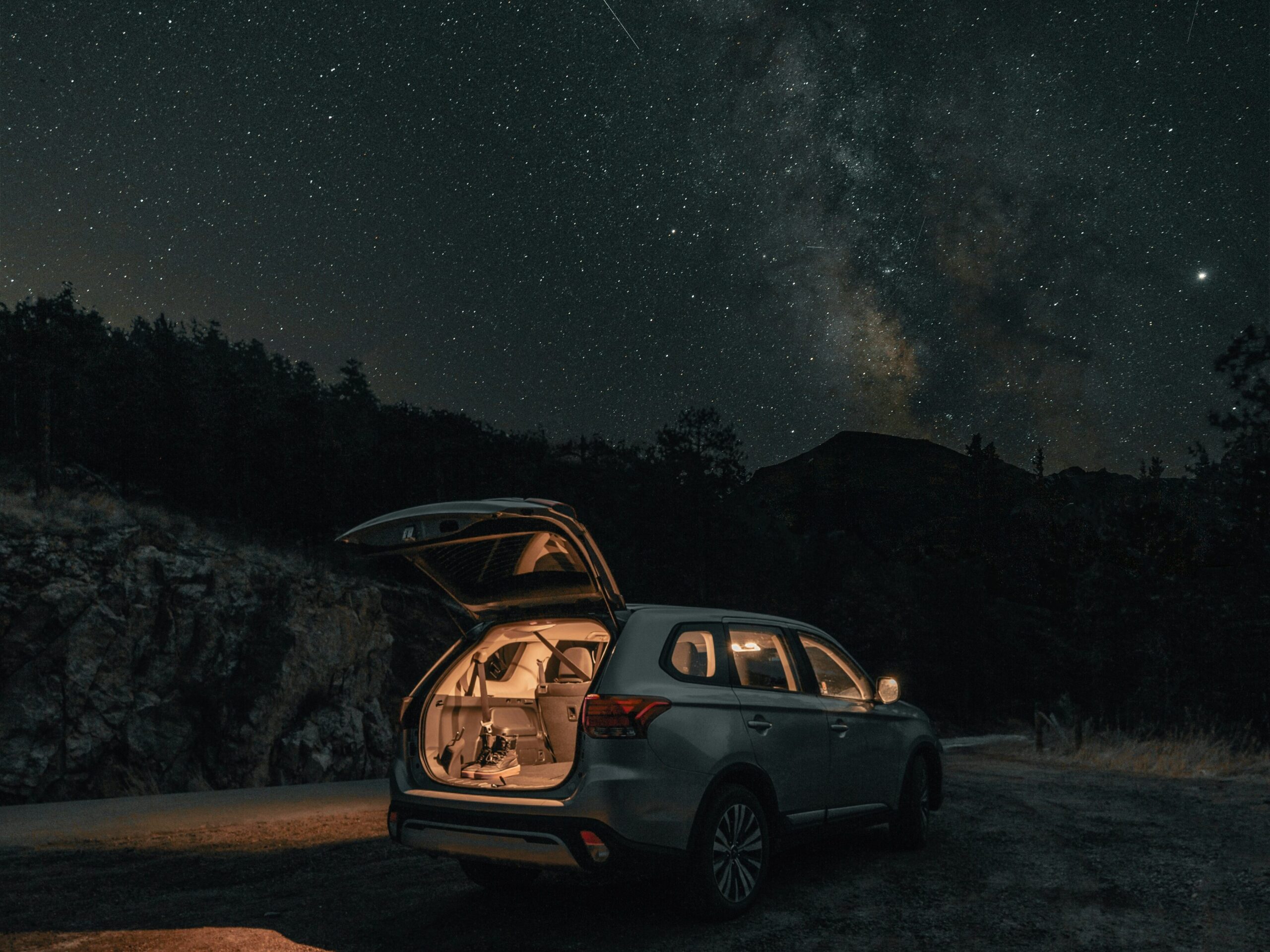
The key to an unforgettable stargazing experience is finding the perfect location. Look for places with low light pollution, such as Dark Sky Discovery Sites, which guarantee clear views of the night sky. Some popular spots for stargazing include:
- Davagh Forest: A dark sky site nestled in Northern Ireland’s Sperrin Mountains.
- Yorkshire Dales: Renowned for big skies and panoramic views, these are especially great for moon and constellation spotting.
- Dalby Forest and Sutton Bank: Both located in North Yorkshire, these locations offer stunning stargazing opportunities away from street lights.
You can also attend stargazing events across the UK, where experts and enthusiasts gather to share their knowledge and passion for the night sky.
Stargazing Etiquette and Safety
When embarking on a stargazing adventure, it’s important to be mindful of your surroundings and the people around you. Follow these guidelines to ensure a safe and enjoyable experience:
- Dress warmly: Temperatures can drop significantly at night, so wear layers and bring a blanket to stay warm.
- Protect your night vision: Use a red torch to prevent disrupting your own or others’ night vision.
- Respect other stargazers: Keep noise levels low and avoid shining bright lights directly towards other amateur astronomers.
- Don’t trespass: Always make sure you have permission to access a location, particularly if it’s on private property.
- Be patient: Stargazing can take time, so don’t be discouraged if you’re unable to spot constellations or planets immediately.
By following these tips and immersing yourself in the stargazing experience, you’ll soon learn to appreciate and marvel at the astonishing beauty of the night sky.
Frequently Asked Questions
To have the best stargazing experience in the UK, look for nights with clear skies and minimal moonlight. This ensures that you can see more stars and celestial objects without interference. Additionally, try to avoid areas with light pollution, such as cities, to improve your visibility.
Some of the best locations to see the Milky Way in the UK are in designated Dark Sky Parks and Reserves. These include places like the Brecon Beacons National Park in Wales, Galloway Forest Park in Scotland, and Exmoor National Park in England. These areas offer minimal light pollution and often provide fantastic views of the Milky Way and other celestial objects.
For beginner stargazers in the UK, essential equipment includes binoculars, a telescope, and a virtual sky map or stargazing app. You might also consider a reclining lawn chair, a blanket, a printed sky map, a notebook for logging observations, a red flashlight, and a thermos of hot beverage for added comfort during your stargazing sessions.
A popular and useful stargazing map is Stellarium, which is available as a free software download for computers or a smartphone app. Additionally, there are physical maps available that display the night sky in the UK. They can be found in local bookshops or ordered online.
Yes, there are many free stargazing locations throughout the UK. Public parks, open fields, and even your back garden can be great spots for stargazing, as long as the surroundings offer minimal light pollution. Also, some Dark Sky Parks allow free access, further enhancing your stargazing experience.
To stay up-to-date with upcoming stargazing events in the UK, check websites like UK Astronomy or Sky at Night Magazine for event listings, as well as local astronomy clubs or social media groups dedicated to stargazing in your area. These resources will provide information on events such as meteor showers, solar and lunar eclipses, and other noteworthy celestial happenings that are visible in the UK.

